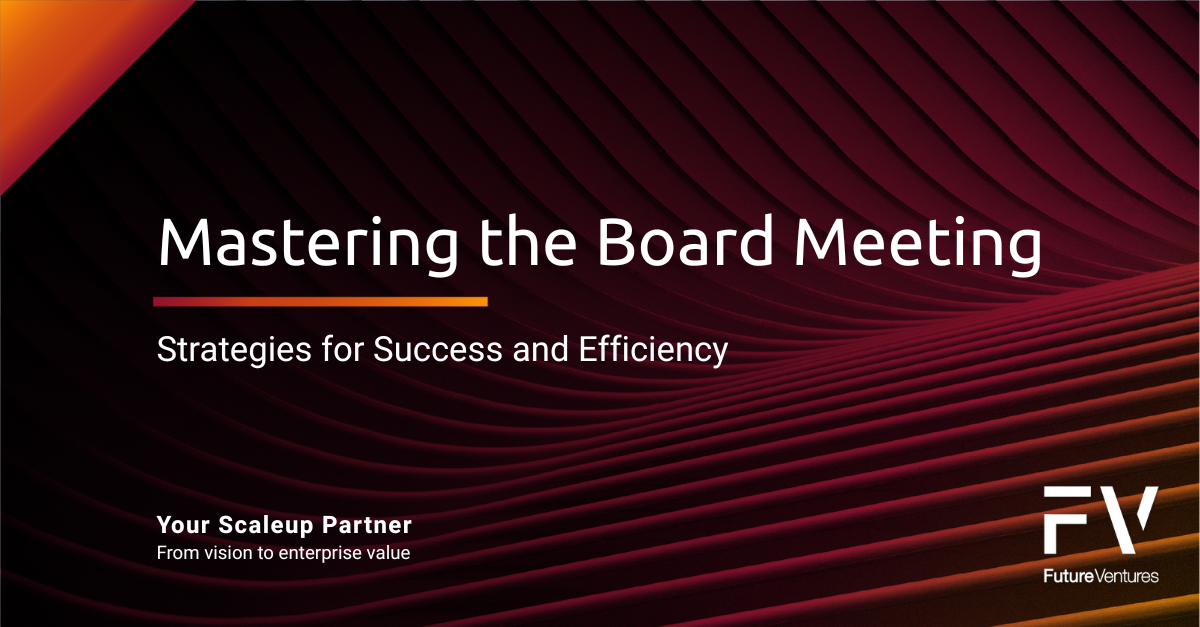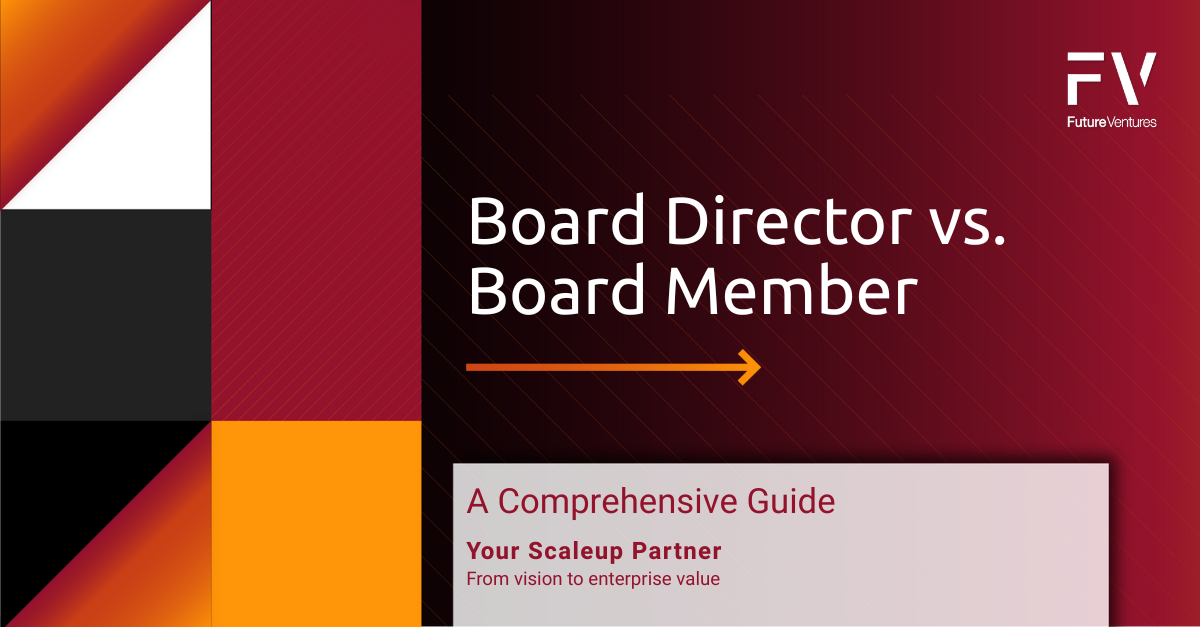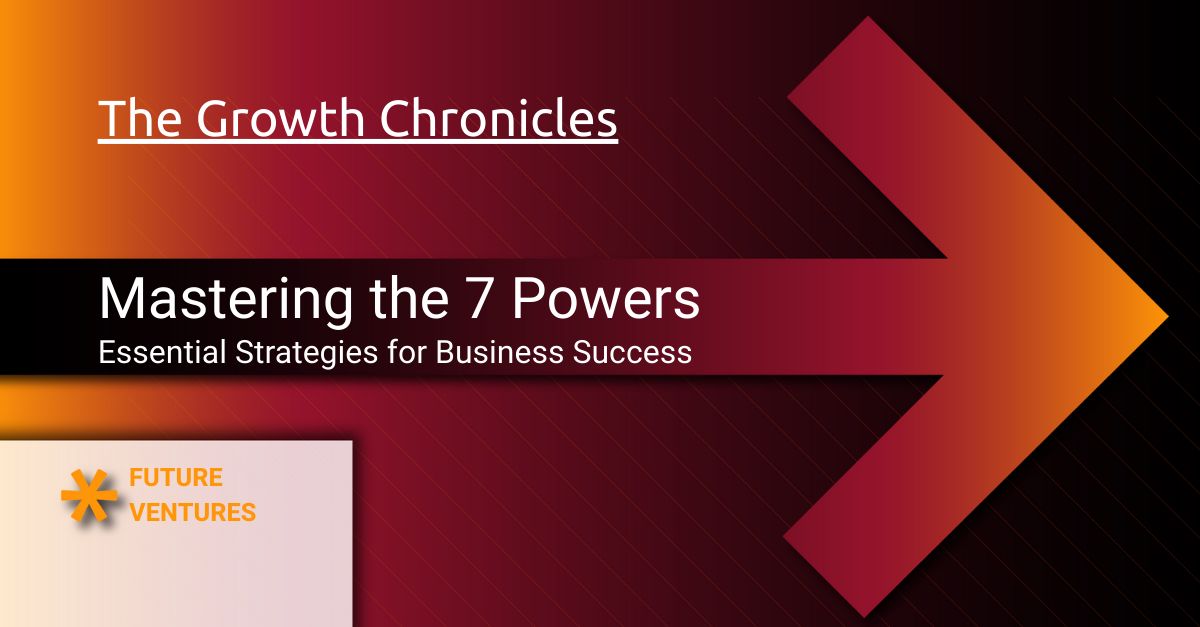How to Find the Right Business Coach? Qualities of a Great Business Coach?
Cutting Through the BS to Get Results That Matter
If Article 1 convinced you that business coaching isn’t just corporate fluff, here’s the cold truth: most coaches are mediocre at best. The difference between a life-changing coach and an expensive hype artist comes down to four non-negotiable qualities, a ruthless vetting process, and a structured onboarding process that separates real growth from motivational hot air.
The coaching experience should be an enjoyable journey that enhances professional growth. The right coach should enhance your ability to identify opportunities for advancement and change limiting mindsets.
Let’s break down how to find a coach who’ll actually move the needle for your business.
Table of Contents
- The four pillars of elite business coaching
- The vetting playbook: how to avoid snake oil salesmen
- From discovery to commitment: the nuts and bolts
- Final Thoughts: The cost of getting it wrong
1. The Four Pillars of Elite Business Coaching
a. Master-Level Listening: The Art of Hearing What You’re Not Saying
Great coaches don’t just listen- they decode. As highlighted in most corporate training resources, active listening involves tracking verbal and nonverbal cues, asking clarifying questions, and resisting the urge to interrupt with pre-packaged solutions. The best coaches practice “Level 3 Listening”-absorbing your words and the fears, assumptions, and blind spots lurking beneath them. Empathy is a cornerstone of this process, enabling coaches to truly understand the concerns and dilemmas their clients face.
Why it matters:
Your coach should hear the 40% you’re not saying, such as the hesitation when discussing expansion plans or the defensive tone around team conflicts. High EQ, the uncanny ability to hear what is not being said, separates therapists-in-disguise from strategists who can pinpoint root causes and help you co-create the shortest journey to your north star.
b. Battle-Tested Experience: Scars Over Certificates
While certifications from bodies like the ICF or WABC matter, having the right expertise to provide valuable mentorship is crucial. Additionally, business experience and industry experience is essential for providing relevant and effective guidance. It builds credibility and enables the coach to adapt to clients' evolving needs.
The ideal business coach not only possesses expertise in their field but also demonstrates continued self-awareness to refine and improve their methods. Seek coaches who’ve either:
- Built/scaled businesses in your industry (pro: knows your operational nightmares)
- Worked across multiple sectors (pro: cross-pollinates innovative solutions)
Red flag: Coaches who can’t share specific client ROI stories. Have always been on the coaching side and don't have the lived, business experience, with the scars to show for it. As Forbes notes, elite coaches tailor strategies rather than pushing a “one-size-fits-all” framework.
c. Structured Methodology: No “Winging It” Allowed
Random pep talks don’t move revenue needles. Demand a coach with a documented process, like the 5-Step Coaching Framework used by top firms:
| Step | Action | Outcome |
|---|---|---|
| 1. Objective Setting | Align on 3-6 month goals | Clear success metrics |
| 2. Assessment | Deep dive into biz health | Identified leverage points |
| 3. Feedback | Brutally honest insights | Reality check |
| 4. Goal Mapping | 90-day action plan | Accountability roadmap |
| 5. Follow-Up | Biweekly check-ins | Course correction |
Avoid coaches who skip steps 2 or 4-they’re either lazy or hiding weak analytical skills.
d. Uncomfortable Chemistry: If You’re Not Squirming, They’re Not Coaching
Your coach should feel like a hybrid of your smartest advisor and that friend who calls you out at 2 AM. Trust ≠ comfort. As the BDC warns, coaches who nod along to every idea are cheerleaders, not change agents. A successful coach will also encourage you to take calculated risks and make bold, positive business moves that drive growth.
Test it:
During discovery calls, share a controversial business decision that you are currently facing. Do they:
- A. Validate your perspective
- B. Ask probing questions about alternatives
- C. Challenge your logic with data?
Pro Tip: Choose 1 every time.
3. Benefits of Working with Business Coaches. Why Business Coaching Matters.
With the right coach, you can accelerate your growth and development, overcome challenges, and achieve your full potential. Effective communication skills, emotional intelligence, and a positive attitude are essential qualities of a good business coach. With the right business coach, you can achieve your long-term goals, increase your confidence, and develop the skills necessary to succeed in your particular industry.
a. Accelerated Growth and Development
Working with a business coach can accelerate your growth and development, helping you achieve your goals faster and more efficiently and become a better leader.
A good business coach can can help you set goals, provide you with the expertise and guidance you need to overcome challenges, develop new skills, develop strategic planning skills and create a successful business strategy. By working with a business coach, entrepreneurs can gain access to valuable insights, develop their leadership abilities, and become more self-aware. A business coach can also help you to identify their strengths and weaknesses, develop a growth mindset, and create a plan for achieving their goals.
With the right business coach, you can achieve similar results, increase your motivation, and develop the skills necessary to succeed in the business world. Effective communication, accountability, and a focus on results are essential components of a successful coaching relationship. This partnership not only drives immediate improvements but also sets the foundation for sustained long-term success.
2. The Vetting Playbook: How to Avoid Snake Oil Salesmen
Step 1: Source Beyond LinkedIn
- Local gems: 78% of small business owners find coaches through chambers of commerce or industry associations.
- Niche directories: There are plenty of those. Make sure to filter by specialization.
- Unconventional picks: Former execs turned coaches often offer Fortune 500 insights at startup rates.
Step 2: The 7-Question Audit
Before paying a dime, grill candidates with:
- “Walk me through a client success story. What exactly did you do?”
🚩Vague answers like “boosted morale” vs. 🟢“Increased CAC payback period from 14 to 9 months by doing A, B and C” - “How do you handle clients who resist feedback?”
🚩“I respect their journey” vs. 🟢“We revisit goals and tie inaction to financial impacts.” - “What’s your industry-specific knowledge gap?”
🚩“I adapt to any sector!” vs. 🟢“I bring general scaling frameworks but partner with other specialists for your unionization needs.” - “Show me a failed engagement. Why did it flop?”
🚩Blames client vs. 🟢Analyzes communication breakdowns. - “How do you stay updated on market trends?”
🚩“I read blogs” vs. 🟢“I’m in a mastermind with X, Y, Z experts.” - “What’s your post-session accountability system? How do you keep your clients' feet to the fire?”
🚩“We trust the process” vs. 🟢“You’ll submit weekly progress trackers.” - “Can I speak to 2 past clients?”
🚩“Confidentiality prevents that” vs. 🟢“Here are three contacts who opted in.”
Step 3: The 30-Day Test Drive
Never commit long-term upfront. Structure the first month as a no obligation, paid pilot. This approach enables both parties to clarify their goals, identify growth opportunities early on, ensuring alignment and a fit before a deeper commitment is made.
- Week 1: Deep-dive assessment using tools like SWOT + financial audits
- Week 2: Goal-setting session, build out the OKRs (your business goals, objectives and key results), drive specifity in your Key Results and KPIs for the next 3 months.
- Week 3-4: Two implementation check-ins
Pro Tip: Build in an Exit clause. If the coach can’t articulate measurable progress by Day 30, walk away. A good coach knows what is possible within your exact circumstances.
3. From Discovery to Commitment: The Nuts and Bolts
The Discovery Call: Where 80% of Coaches Bomb
A stellar call should mirror this flow:
- Hook (5 mins): Coach asks about your #1 pain point.
- Deep Dive (15 mins): “What’s stopped you from solving this already?”
- Reality Check (7 mins): “If nothing changes, where’s your business in 6 months?”
- Solution Pitch (3 mins): Coach outlines their approach.
- Close: Mutual decision on next steps.
Red flags: Coaches who spend 20/30 minutes boasting about their credentials.
Pro Tip: As you're looking at potential coaches, pay close attention to how they treat you during the discovery process. This provides a glimpse into the relationship.
The Onboarding Blueprint
Once hired, demand:
- A signed contract detailing scope, metrics, and exit terms.
- A shared dashboard (e.g. Confluence, Atlas, Google Sheets, Notion, etc.) tracking the OKRS and the KPIS for the coaching relationship.
- Bi-weekly agendas are sent 24 hours in advance of the session. No winging it.
- Homework, such as customer surveys or fine-tuning financial models.
Final Thoughts: The Cost of Getting It Wrong
A bad coach doesn’t just waste your money. The wrong one can derail your momentum. It is crucial to find the right person who actively listens and tailors their approach to meet an individual's specific needs.
One Calgary alcohol retailer shared: “My first coach had me rebranding for 6 months while cash flow tanked. My current coach identified our inventory bloat in Week 1-freed up $200K in working capital.” A successful coach, on the other hand, maintains a positive attitude to create a comfortable environment that fosters trust and collaboration.
Next Up in Article 3:
We’ll dissect what elite coaching looks like on a month-to-month basis, including real client timelines, the “Success Matrix” for tracking growth, and how to fire a coach who is plateauing. Spoiler: If they’re still using 2019 playbooks in 2025, it’s time to bail.










